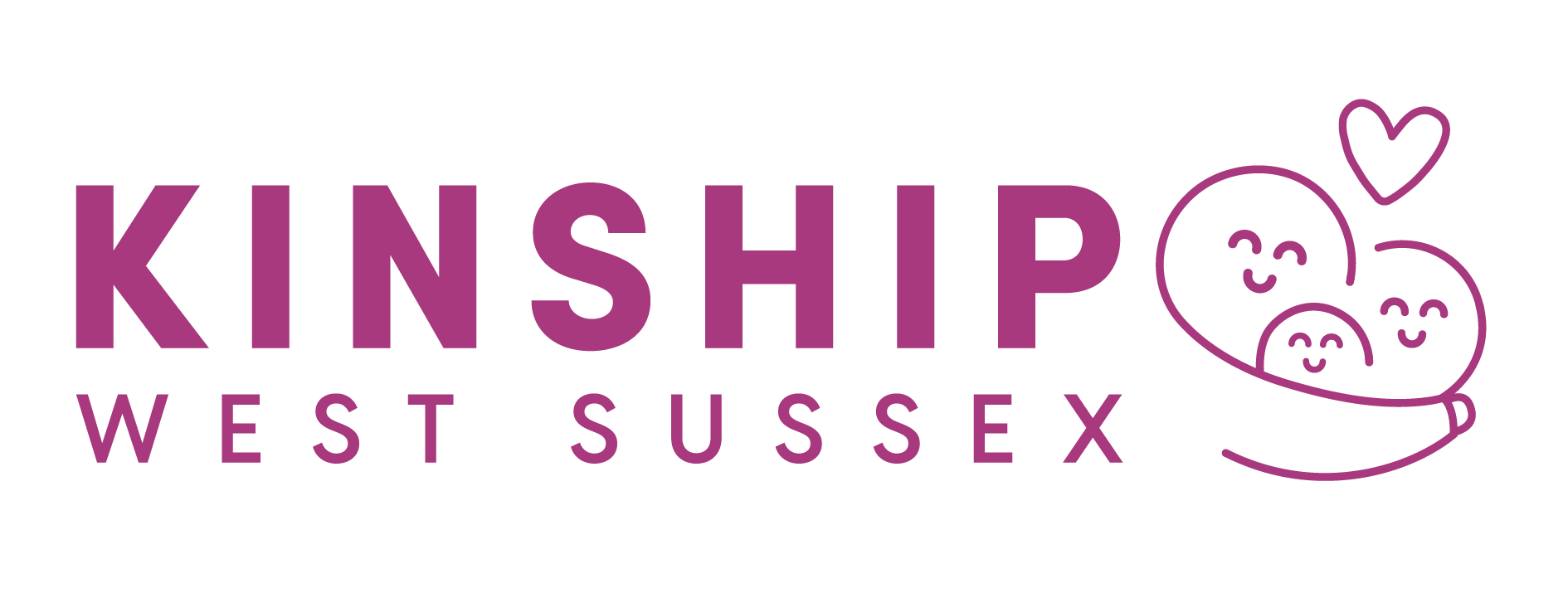Therapeutic support
Explore the therapeutic intervention programmes that can help you build better relationships.
West Sussex County Council offer a range of therapeutic interventions. Access may be through an allocated support worker or through our group support.
In the Kinship Support team can also make applications to the Adoption and Special Guardian Support Fund. This provides children and young people access to therapeutic services from external providers.
To understand a family’s need, carers are offered a Support Needs Assessment. The team works with carers, children and young people to assess need and develop a support plan.
For more information, contact the Kinship Support team.
Therapeutic Parenting with PACE
Playfulness, Acceptance, Curiosity and Empathy (PACE) is a trauma-informed approach. It is a way of thinking, communicating and behaving to make children and young people feel safe.
Each programme is 12 sessions long, meeting weekly (excluding school holidays).
This amazing programme has helped us learn more about the needs of kinship families. In particular how to help:
- carers feel more confident in their emotional connections
- them relate more to their children’s and their own true needs - while also creating boundaries and safe limits
We focus on carers taking care of themselves before working on relationships at home.
Carers benefit from sharing stories and everyday experiences with other carers who understand. Many have formed friendships and support networks through the group. All say that they feel better in their relationships with their children.
Watch our video
Kinship Social Worker explains PACEFUL parenting and Special Guardian shares her experience.
Therapeutic Life Story Work
Several members of the Kinship Support team are trained to undertake Life Story Work with young people. This work helps children:
- make sense of their history and life story
- answer questions they may have about themselves and their identity
Children can struggle to understand why they feel a certain way. Having time to discuss their experiences helps them make sense of their journey.
Meetings with the child, are fortnightly at home or another safe space, for 18 sessions over a period of 9 months.
A Life Story book is then provided to the child to keep at the end of the process.
Dyadic Developmental Psychotherapy (DDP) principles
DDP-informed therapy can support children who have experienced early childhood trauma. They may be struggling to make sense of their emotional world.
This can result in them trying to control their relationships and environment. In turn, this can put a strain on family relationships.
Trained staff work with child and carer through conversations. These focus on feelings as well as thinking.
Video Interaction Guidance (VIG)
VIG uses video to observe everyday situations.
Trained staff spend time with your family, recording everyday interactions. They then use video clips to help you understand your communication and responses. From this, they can help you build on the relationship you have with the child.
This can help to improve communication and relationships between carers and children.
Drawing and Talking
Drawing and talking is a child-led therapeutic approach.
Trained staff encourage a young person to use drawing as a means of communication. This:
- gives them a contained space in which to discover and explore their feelings
- removes the pressure of needing to talk
The young person does the drawing and talking, while the practitioner follows their lead.
This work is usually completed in 12 short weekly sessions.
It is helpful in supporting children generally. It also helps them access further therapy if required.

